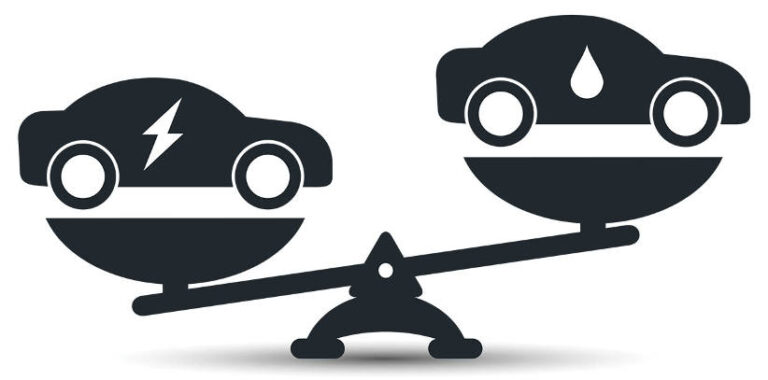This article was originally published by Fleet News.
Deloitte predicts that by 2024, the cost of owning a battery electric vehicle (BEV) will be on par with that of a petrol or diesel vehicle.
The firm’s research also shows global EV adoption rates increasing, from two million units in 2018, to four million in 2020 and 12 million in 2025, before rising to 21 million in 2030.
By 2030, Battery Electric Vehicles (BEVs) will significantly outperform the rest of the EV market, accounting for 70% of total EV sales, says Deloitte.
Its analysis points to two factors in accelerating BEV uptake: growing consumer demand for greener vehicles, coupled with government policies that offer financial incentives while placing inner-city restrictions for petrol and diesel vehicles.
While upfront purchasing costs of EVs remain the biggest barrier for consumers, the research reveals how, as technology improves, this and other consumer concerns will gradually ease over time.
Michael Woodward, UK automotive partner at Deloitte, said: “In 2018, we saw global EV sales surpass two million units for the first time; twice those sold in 2017.
“In the UK, the cost of petrol and diesel vehicle ownership will converge with electric over the next five years.
“Supported by existing government subsidies and technology advances, this tipping point could be reached as early as 2021. From this point, cost will no longer be a barrier to purchase, and owning an EV will become a realistic, viable option for new buyers.”
Growing demand for greener vehicles has seen the majority of OEMs announce their ambitions in the EV market and the emergence of a number of new entrants to the automotive market. However, Deloitte’s research suggest that the number of manufacturers is unsustainable.
Woodward continued: “Whilst there is a distinct trend developing in the EV market, the story is not a clear cut one.
“As manufacturers increase their capacity, our projections suggest that supply will vastly outweigh consumer demand by approximately 14 million units over the next decade.
“This gearing up of EV production is driving a wide ‘expectation gap’ and manufacturers, both incumbent and new entrants alike, will need to adapt towards this new competitive landscape.
“Those that can successfully build trust in their brand, ensure a positive customer experience from initial sale through to aftercare, and reflect consumer shifts towards the sharing economy in future business models will successfully navigate this.
“Equally, continual investment in engineering talent and the formation of partnerships with bespoke battery producers and third-party mechanic networks will also be important.”
However, Steve Jones, strategy and transformation director at LeasePlan UK, says that, while the new report is “extremely promising”, the UK’s contribution to this global number is likely to be “minimal”.
“Whilst the UK has been making progress in its electric vehicle strategy, it unfortunately lacks the momentum countries like Norway and the Netherlands have.
“In fact, our recent research has shown the UK is lacking in its EV preparations, having dropped from fifth to seventh in this year’s EV Readiness Index.
“If we hope to keep up with the rest of Europe, then urgent action needs to be taken to speed up the rollout of charging infrastructure, increase Government tax incentives as well as boost the number of EV models available.
“Without improvement on all three of these elements, the UK will continue to slip further down the rankings.”
Given how quickly the nature of mobility is changing, Jones believes that more regular and short-term reviews are necessary to ensure the UK’s strategy is aligned to how consumers and businesses are utilising transport services.
“The Road to Zero strategy is a good starting point,” he said, “but as a nation we need to be bolder in our plans to reduce carbon emissions and prepare for the future of transport.”






